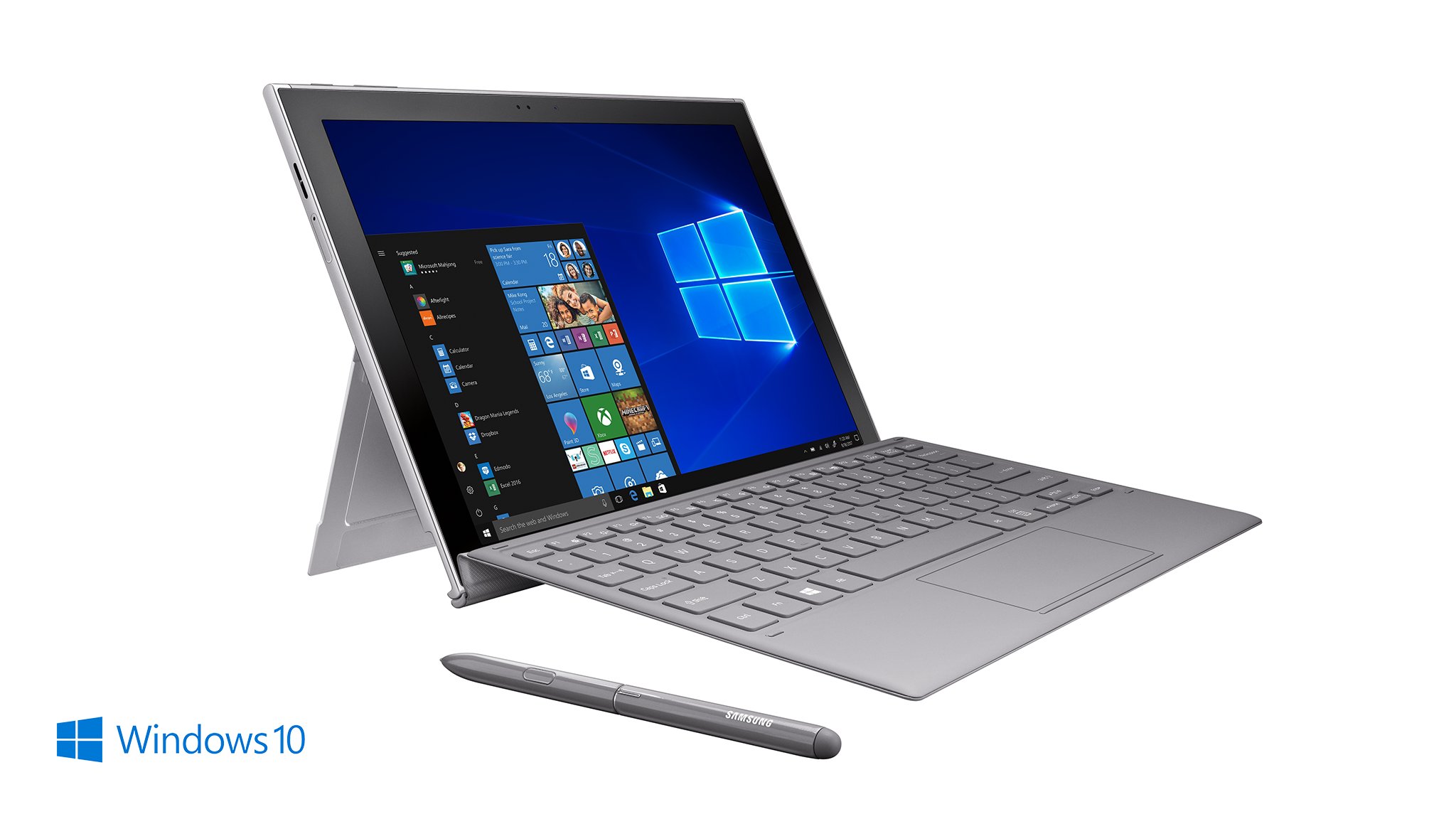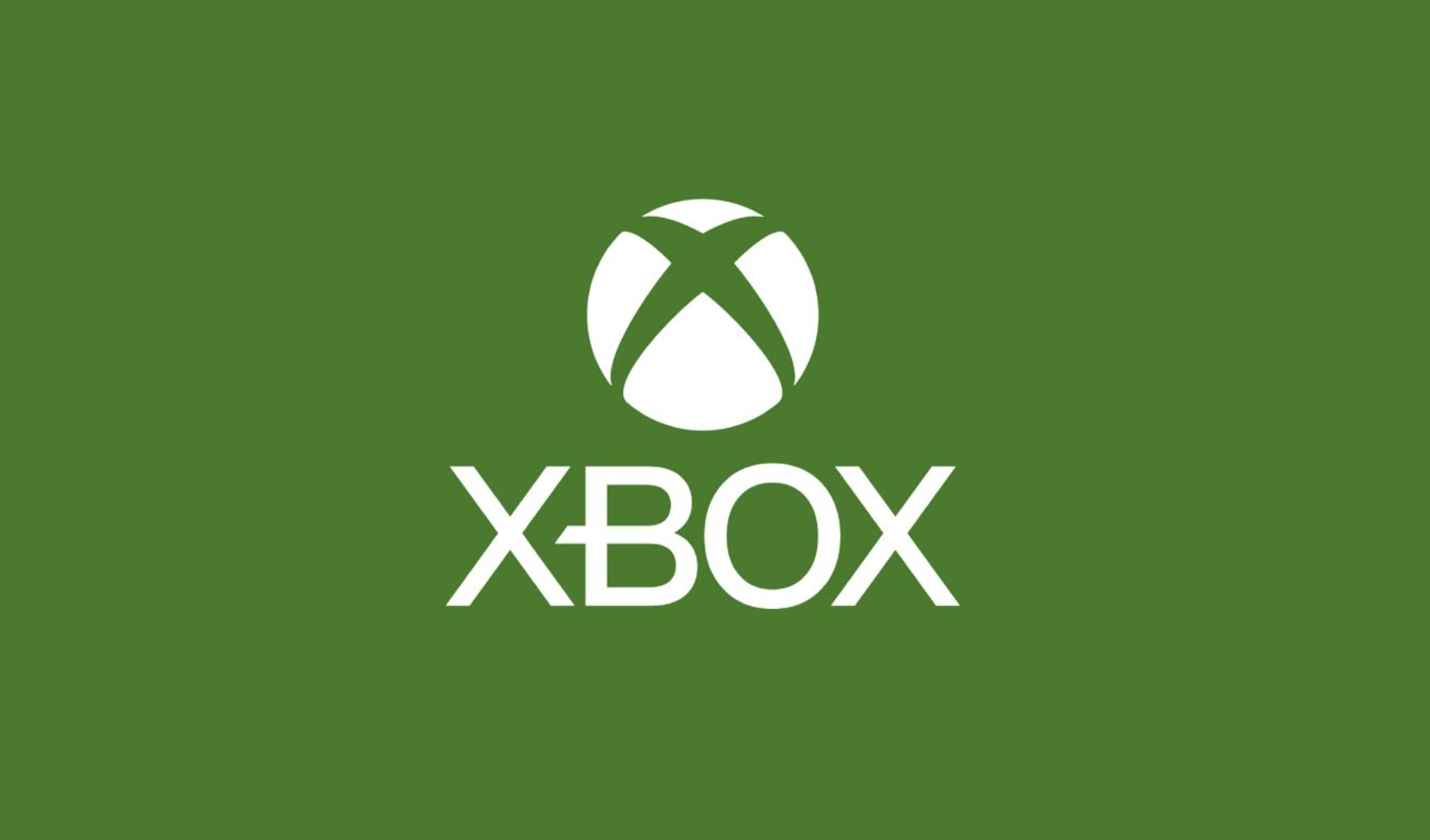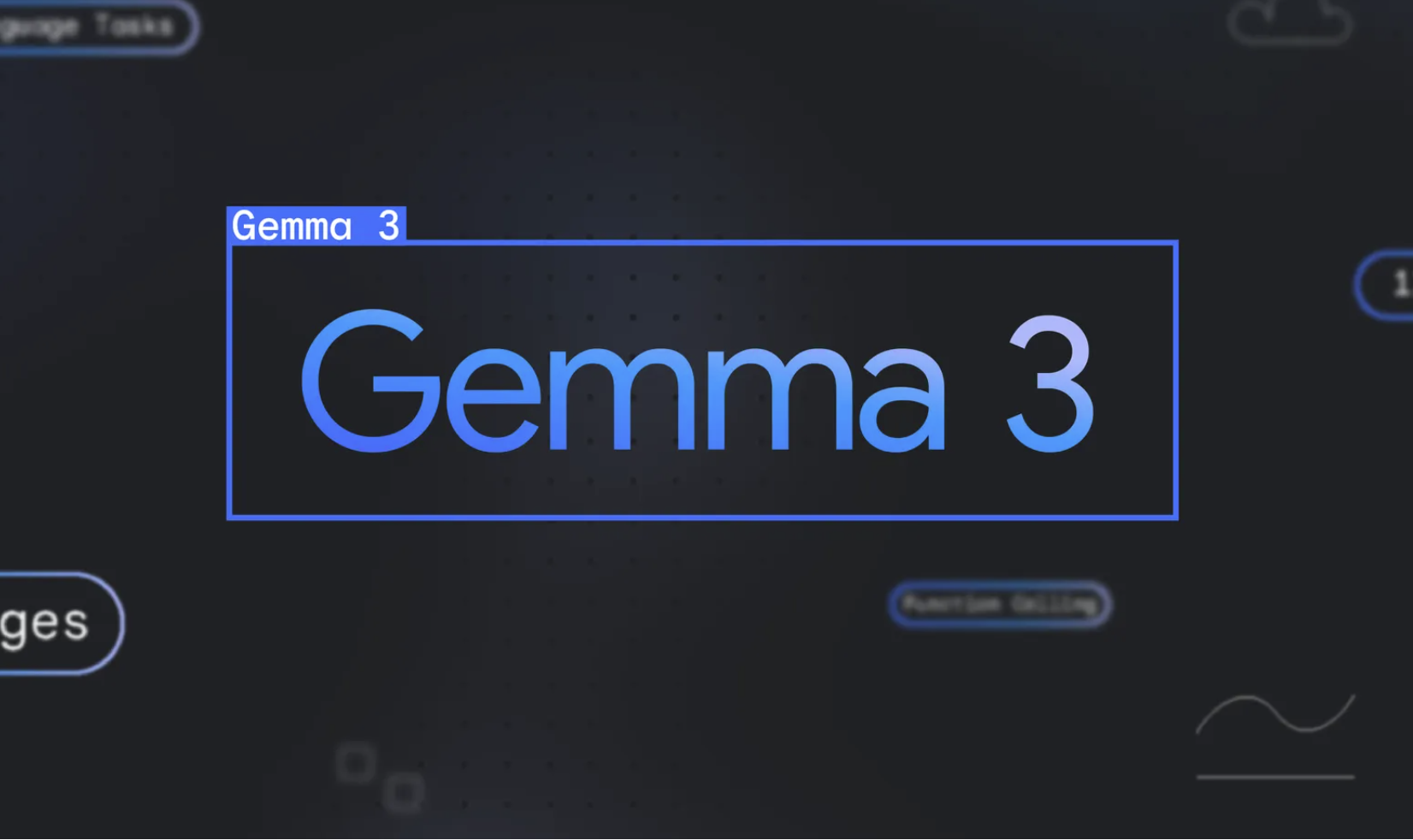Microsoft rolls out new cumulative updates for various versions of Windows 10
3 min. read
Published on
Read our disclosure page to find out how can you help MSPoweruser sustain the editorial team Read more

Microsoft today rolled out cumulative updates for various Windows 10 versions. These updates are available for Windows 10 users running versions 1809, 1703, and Windows 10 initial version. Find the change log below.
KB4464455 (OS Build 17763.107) for Windows 10, version 1809:
- Addresses an issue that incorrectly implies that user policies have not been applied after configuring a user rights Group Policy setting. Reporting tools, such as RSOP.MSC or Gpresult.exe /h, do not show the user rights policies or display a red “X” instead.
- Addresses an issue that degrades Internet Explorer performance when you use roaming profiles or you don’t use the Microsoft Compatibility List.
- Addresses additional issues with updated time zone information.
- Addresses an issue that causes a black screen to appear after turning on the display on some servers.
- Addresses an issue that causes a long delay in taking a photo using the Camera app in certain lighting conditions.
- Addresses a performance issue with vSwitch on network interface cards (NIC) that do not support Large Send Offload (LSO) and Checksum Offload (CSO).
- Addresses an issue that may cause applications to lose IPv4 connectivity when IPv6 is unbound.
- Addresses an issue that may break connectivity on guest VMs on the server when applications inject the low-resource flag on packets.
KB4467696 (OS Build 15063.1446) for Windows 10, version 1703:
- Provides protections against an additional subclass of speculative execution side-channel vulnerability known as Speculative Store Bypass (CVE-2018-3639) for AMD-based computers. These protections aren’t enabled by default. For Windows client (IT pro) guidance, follow the instructions in KB4073119. For Windows Server guidance, follow the instructions in KB4072698. Use these guidance documents to enable mitigations for Speculative Store Bypass (CVE-2018-3639). Additionally, use the mitigations that have already been released for Spectre Variant 2 (CVE-2017-5715) and Meltdown (CVE-2017-5754).
- Security updates to Windows Scripting, Internet Explorer, Microsoft Edge, Windows App Platform and Frameworks, Windows Graphics, Windows Kernel, and Windows Server.
KB4467680 (OS Build 10240.18036) for Windows 10 initial version:
- Provides protections against an additional subclass of speculative execution side-channel vulnerability known as Speculative Store Bypass (CVE-2018-3639) for AMD-based computers. These protections aren’t enabled by default. For Windows client (IT pro) guidance, follow the instructions in KB4073119. Use this guidance document to enable mitigations for Speculative Store Bypass (CVE-2018-3639). Additionally, use the mitigations that have already been released for Spectre Variant 2 (CVE-2017-5715) and Meltdown (CVE-2017-5754).
- Updates Venezuela currency information. This will affect the culture of “es-VE” as follows:
- The currency symbol is “Bs.S”.
- The English currency name is “Bolívar Soberano”.
- The local currency name is “bolívar soberano”.
- The International Currency Code is “VES”.
- Addresses additional issues with updated time zone information.
- Addresses an issue with navigation from the Decade view in the Japanese calendar. When the user tries to go from the Current era to the next era, navigation does not work properly.
- Addresses an issue in the Universal CRT that sometimes causes the AMD64-specific implementation of FMOD to return an incorrect result when given very large inputs. FMOD is frequently used to implement the modulo operator in JavaScript and Python implementations that use the Universal C Runtime.
- Addresses an issue with a handle leak that may occur in the lsm.exe process and in applications that call SCardEstablishContext or SCardReleaseContext. Once the leaked handle count reaches a certain threshold, smart card-based operations fail with the error, “SCARD_E_NO_SERVICE”.
- Security updates to Microsoft Edge, Internet Explorer, Windows Scripting, Windows App Platform and Frameworks, Windows Graphics, Windows Kernel, and Windows Server.
If you installed earlier updates, only the new fixes contained in this package will be downloaded and installed on your device.
Source: Microsoft









User forum
0 messages